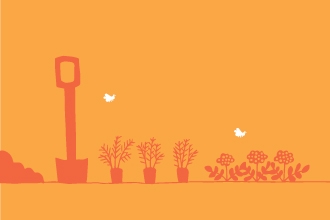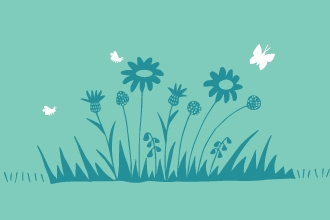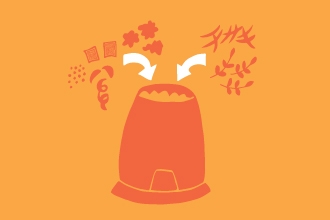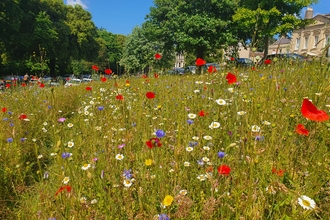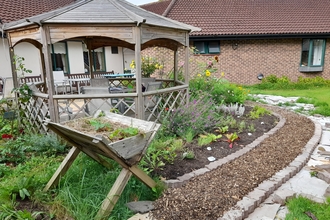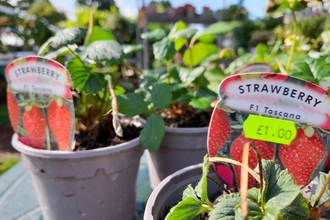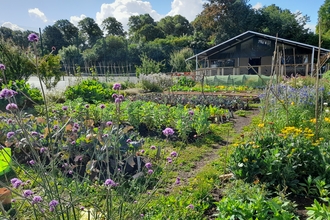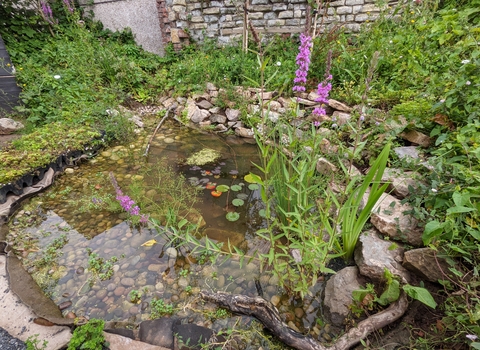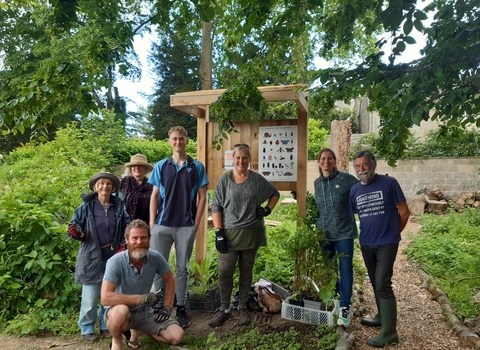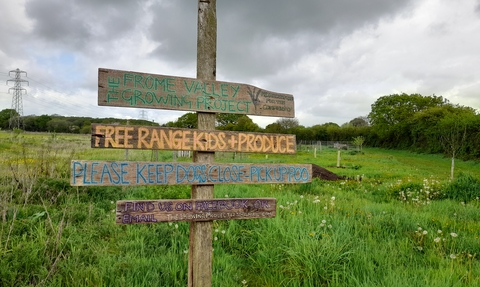
Sophie Bancroft
Frome Valley Growing Project
Working with nature
Frome Valley Growing Project is community-ran and based on permaculture practices, which brings intergenerational community members together to grow food and champion nature. It is a lot of fun, hard work, passion and belief in creating a sustainable way of working on the land and enhancing the biodiversity. The site was set up in 2019 on Crossley Farm off Swan Lane in Winterbourne and is managed by the talented and enthusiastic Kate MacDonald. Stay and play sessions are designed to bring the community together, learning and supporting actions for nature in the community
Community links - Local volunteers work on the site, an exciting variety of events are held to appeal to different people, generations and abilities in gardening and food production. Everyone is welcome to learn about permaculture here. Schools are also involved with the project, inspiring and educating young people.
As part of the West of England Combined Authority Community Pollinator Fund, the library has been a key place to hold workshops and engage with the community - in a safe, central space that people know and trust. Over 30 children attended some sessions!
Irrigation System – water is pumped from the ground to the tank, which waters the polytunnel.
Cutting regime – because the cutting regime was reduced and the area looked different, there were comments about the area looking ‘messy’. This is a common issue where education about the immense benefits to biodiversity is helpful. Less cutting = more wildlife!
Compost – ten tonne deliveries of local shredded green bin waste is delivered to the site for their no-dig policy. Fertilizers are made onsite out of comfrey and nettles, also known as compost tea to benefit plant growth.

Sophie Bancroft
Advice from Kate, including combination planting tips:
- Onions and self-seeded marigold’s go well
- Kale is left to go to seed and grows well with the leeks.
- Spring onion and radishes
- Grow food that children will like to eat and grow.
- Seed saving is amazing and very possible to do.
- Each year try something new!
More advice in regards to funding: Apply for funding with other people, with tea and cake and let the ideas and support flow! Links with more people from the community make the application stronger and more relevant. Applying for grants is a creative process where you have to visualise something that's not happened yet. Get advice from people who have applied before for wording etc and include some quotes to bring the application to life! A limiting factor can be imposter syndrome - not feeling legitimate - this is normal and most people feel like this to begin with, Give it a go and keep trying!
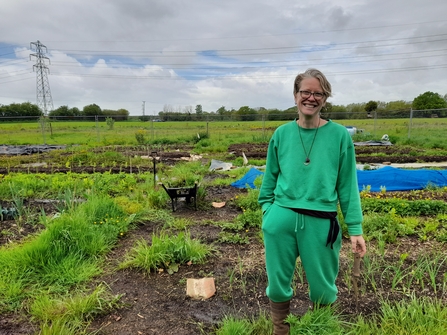
Sophie Bancroft
West of England Combined Authority Community Pollinator Fund
Winterbourne and Frome Environmental Group applied for funding. Frome Valley Growing Project are a key organisation to help deliver this large funding bid by growing and storing the pollinator pathway plants and linking with local schools. Plus work with WEG to create the new wildflower meadow, community trails and enhance the neighbouring Withy Wetland site.
The overall project plan links together many different people, groups, schools and organisations in the local area to come together and create more pollinator habitat to enhance biodiversity and learning opportunities. The includes five new wildflower sites and project overall encourages and empowers action for nature, as well as improving wellbeing and community spirit.
Community volunteers attended workshops about pollinator planting including plug planting, broadcast seed sowing, scything and plant ID.
Local schools access, learning and connection with nature
Local schools involved: Frampton Church of England Primary School, Elm Park Primary School, Hambrook Primary School and Winterbourne Academy (Secondary).
The Frome Valley Growing Project has supported local primary schools to enhance their pollinator habitats on the school grounds using permaculture principles. This included advice from the Team Wilder Community Ecologist about surveying the schools, identifying existing biodiversity and future plans. And also provide Eco School sessions. This not only engages children in nature, but also teaches them how to improve their own gardens for wildlife by planting native wildflowers, never using chemicals and creating habitats such as log piles and bug hotels.
Last year, the Frome Valley Growing Project offered a learning programme to secondary age children at risk of exclusion or with barriers to learning identified from Winterbourne Academy. Sessions were held at the Frome Valley Growing Project, which provided inspiration and practical experience immersed in nature and permaculture practices, learning about working with nature. This enabled ten young people to stay in school and gain new skills to enhance employment in horticulture and green jobs. The West of England Combined Authority have offered funding to extend this learning programme and the students will be working towards an ASDAN certified qualification to increase employability within the Horticulture and Sustainability.
Classroom offers for Frampton Church of England for Year 5 classes, weekly sessions for four weeks. All hands-on, real experience, on the school grounds aimed to spark inspiration, action and experience to take action for nature in their lives in and outside of school.
-
Seed bomb making for the children to take home for their gardens and plant IDing
-
Understanding soil health and role of fungi
-
Pollinator bed planting on the school grounds, in two areas: around the pond and in the beds in the wild play area.
-
Bug hotel making and insect IDing on the school grounds.
Other school involvement included wildflower seed bombs, building a hibernaculum, developing a pond area and mindfulness in nature.
The inclusion programme from the secondary school has been carried out before by Kate at the Frome Valley Growing Project. It was incredible and had many positive outcomes. Students experienced directly working with nature, they were given the responsibility to use tools and worked as a team to get tasks done. They also responded really well to the mindful exercises.
Resources
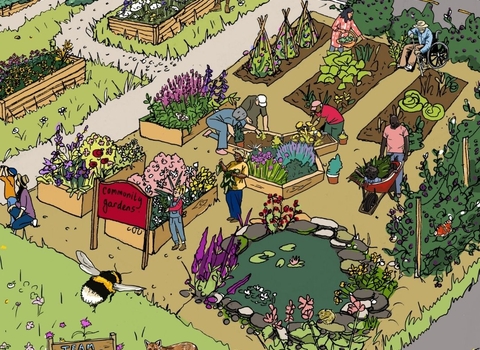
(C) Hannah Bunn
Be part of Team Wilder
All actions for nature collectively add up and creates life for people and wildlife.
Share your actions for nature to inspire and motivate others.
Talk about what you do to make these actions part of everyday life.
Share and tag us on @avonwt on social media as well.
Log your actions for nature on the map







